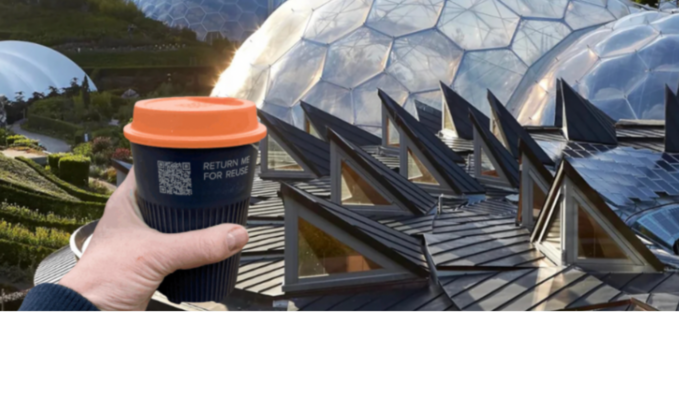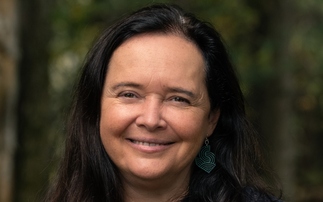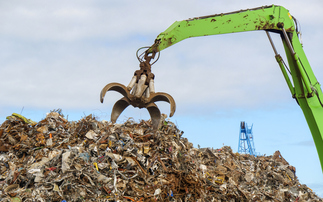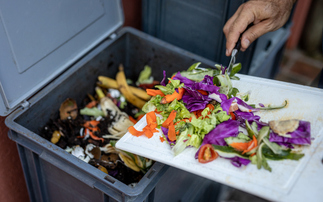
Credit: Eden Project
Returnable cup system is expected to eliminate around 620,000 single-use coffee cups a year across both sites
Blenheim Palace and the Eden Project have successfully introduced new returnable coffee cup systems for visitors, in a move that is estimated to eliminate around 620,000 single-use cups a year at the two...
To continue reading this article...
Join BusinessGreen
In just a few clicks you can start your free BusinessGreen Lite membership for 12 months, providing you access to:
- Three complimentary articles per month covering the latest real-time news, analysis, and opinion from Europe’s leading source of information on the Green economy and business
- Receive important and breaking news stories via our daily news alert
- Our weekly newsletter with the best of the week’s green business news and analysis






